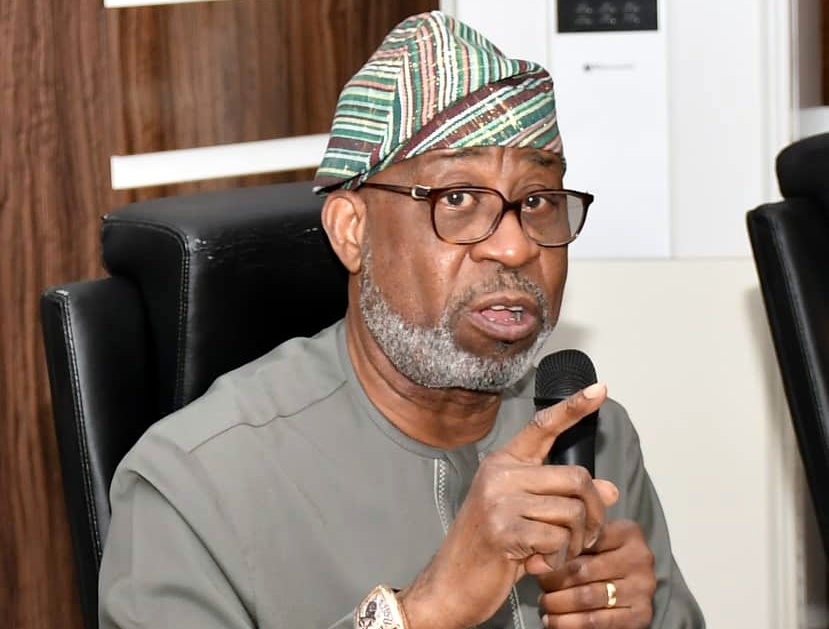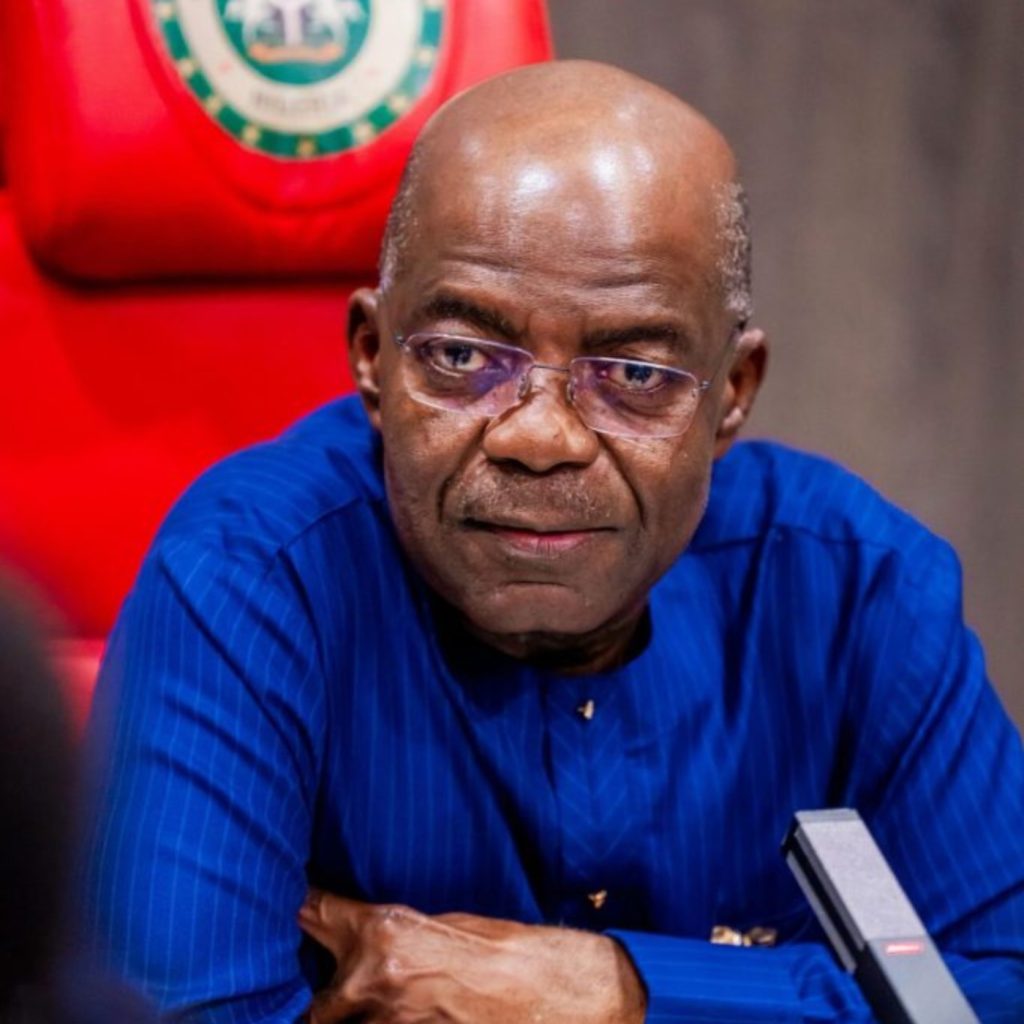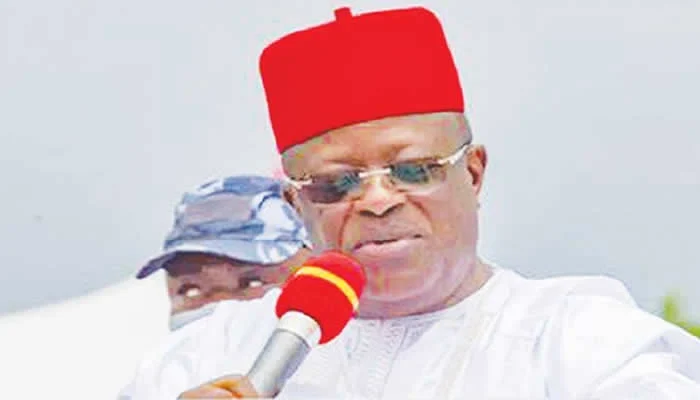A Nigerian opposition party has accused the ruling All Progressives Congress (APC) and the presidency of enabling electoral malpractice during weekend by-elections, raising alarms about the integrity of future polls. The African Democratic Congress (ADC) claimed in a Sunday statement that violence, vote buying, and technical failures severely undermined the credibility of Saturday’s contests across multiple states.
National Publicity Secretary Bolaji Abdullahi asserted that the voting process was disrupted by coordinated intimidation tactics, including the reported arrest of roughly 300 individuals linked to armed groups on election day. He alleged that ballot boxes were snatched and numerous polling units canceled due to security breaches, while vote-buying operations flourished. In one instance, authorities in Kaduna State reportedly detained a suspect carrying ₦25.9 million ($17,200) likely intended to influence voters. The ADC also accused election officials of accepting bribes to manipulate outcomes.
Further criticisms targeted Nigeria’s electoral body, the Independent National Electoral Commission (INEC), over technical issues with the Bimodal Voter Accreditation System (BVAS), a biometric tool introduced to curb fraud. Party officials questioned INEC’s preparedness and impartiality, citing device malfunctions that disenfranchised voters in some areas.
The ADC framed the by-elections—held to fill vacant legislative seats—as a critical test ahead of the 2027 general elections. “If violence, vote buying, intimidation, and collusion with security forces become the new normal, Nigerians and the international community must brace themselves,” Abdullahi warned. The statement urged stakeholders to address systemic vulnerabilities to safeguard democratic processes.
While the APC and INEC have not yet publicly responded to the allegations, the claims echo longstanding concerns about Nigeria’s electoral environment. Past polls, including the contentious 2023 presidential race, have faced similar accusations of irregularities. Observers note that by-election outcomes often reflect localized political dynamics, but their conduct can signal broader trends in a country where trust in institutions remains fragile.
The ADC’s assertions highlight persistent challenges in Nigeria’s electoral system, including the influence of money in politics and inadequate enforcement of voter protections. As political tensions mount ahead of 2027, the party’s allegations amplify calls for reforms to ensure transparency and accountability in Africa’s most populous democracy.



